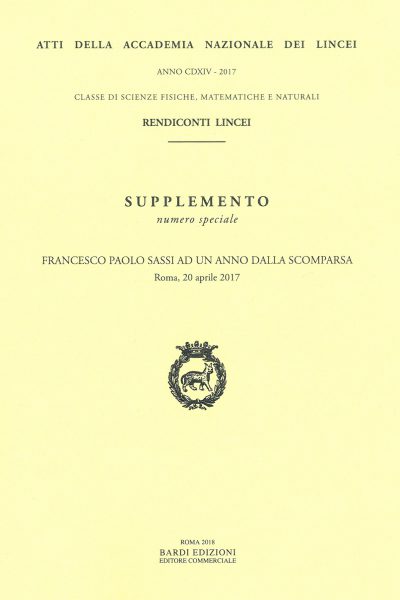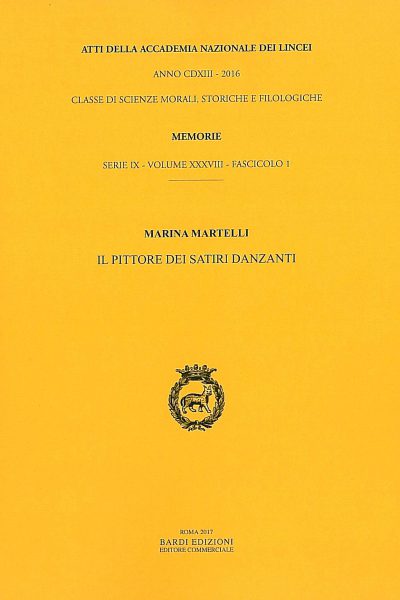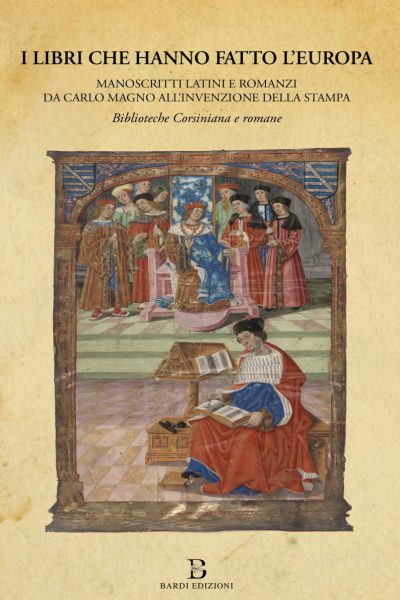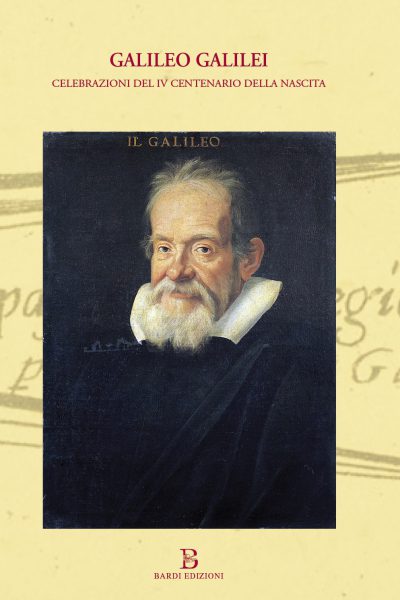
Eschilo Supplici
€40.00
Autore:
Anno: 2019
A cura di: Carles Miralles, Vittorio Citti e Liana Lomiento
Argomento: Filologia
Collana: Supplemento al Bollettino dei Classici
Vol. 33
ISBN: 978-88-218-1188-3
ISSN: 0391-8270
Pp.: 500
F.to: 17×24
Descrizione
Tra le più antiche tragedie di Eschilo a noi note, le Supplici sono state definite, con icastica immagine, la tragedia dell’immigrazione. In essa, un gruppo di donne dalla pelle scura e dalle esotiche vesti sbarca nei pressi della città greca di Argo chiedendo asilo. Al re Pelasgo, che governa la regione nel rispetto del popolo, tocca l’ardua decisione se respingerle, violando la norma sacra di Zeus Protettore-degli-ospiti, oppure accoglierle, con il rischio di una guerra con i figli di Egitto. Questa edizione, curata da Carles Miralles ϯ, Vittorio Citti e Liana Lomiento, ne offre un nuovo testo critico, fondato sulla revisione diretta della tradizione manoscritta, un’appendice metrica con apparato colometrico, che rende ragione dell’assetto dei cori come è trasmesso nei codici, un commento assai ampio, nel quale si discutono non solo problemi critico-testuali e linguistici, ma anche questioni storico-antropologiche, mitografiche e critico-letterarie, tenendo conto, sempre, della storia degli studi come del dibattito più recente. L’introduzione ripercorre in sintesi il racconto delle Danaidi, evidenziando l’originalità di Eschilo nel riproporre questo antico mito nella tetralogia che includeva Supplici, Egizi, Danaidi, e il dramma satiresco Amimone. Di essa le Supplici erano forse il primo dramma.
Among the oldest tragedies of Aeschylus known to us, the Suppliants have been defined, with an powerful image, the tragedy of immigration. In it, a group of dark-skinned and exotic-dressed women lands near the Greek city of Argos in search of asylum. King Pelasgus, who rules the region with respect for the people, has the difficult decision whether to reject them, violating the sacred norm of Zeus Protector-of-the-guests, or to welcome them, with the risk of war with the children of Egypt. This edition, edited by Carles Miralles ϯ, Vittorio Citti and Liana Lomiento, offers a new critical text, based on the direct revision of the manuscript tradition, a metrical appendix with a critical apparatus of ancient colometries, explaining the structure of the choral songs as it is transmitted in the codices, a very broad commentary, in which not only critical-textual and linguistic matters are discussed, but also historical-anthropological, mythographic and critical-literary issues, always taking into account the history of studies as well as the most recent debate. The introduction summarizes the story of the Danaids, highlighting the originality of Aeschylus in retelling this ancient myth in the tetralogy that included Suppliants, Egyptians, Danaids, and the satirical drama Amymone. Of it, the Suppliants were perhaps the opening drama.
Solamente clienti che hanno effettuato l'accesso ed hanno acquistato questo prodotto possono lasciare una recensione.
Prodotti correlati
-
€22.00Valutato 0 su 5
-
-
-







Recensioni
Ancora non ci sono recensioni.